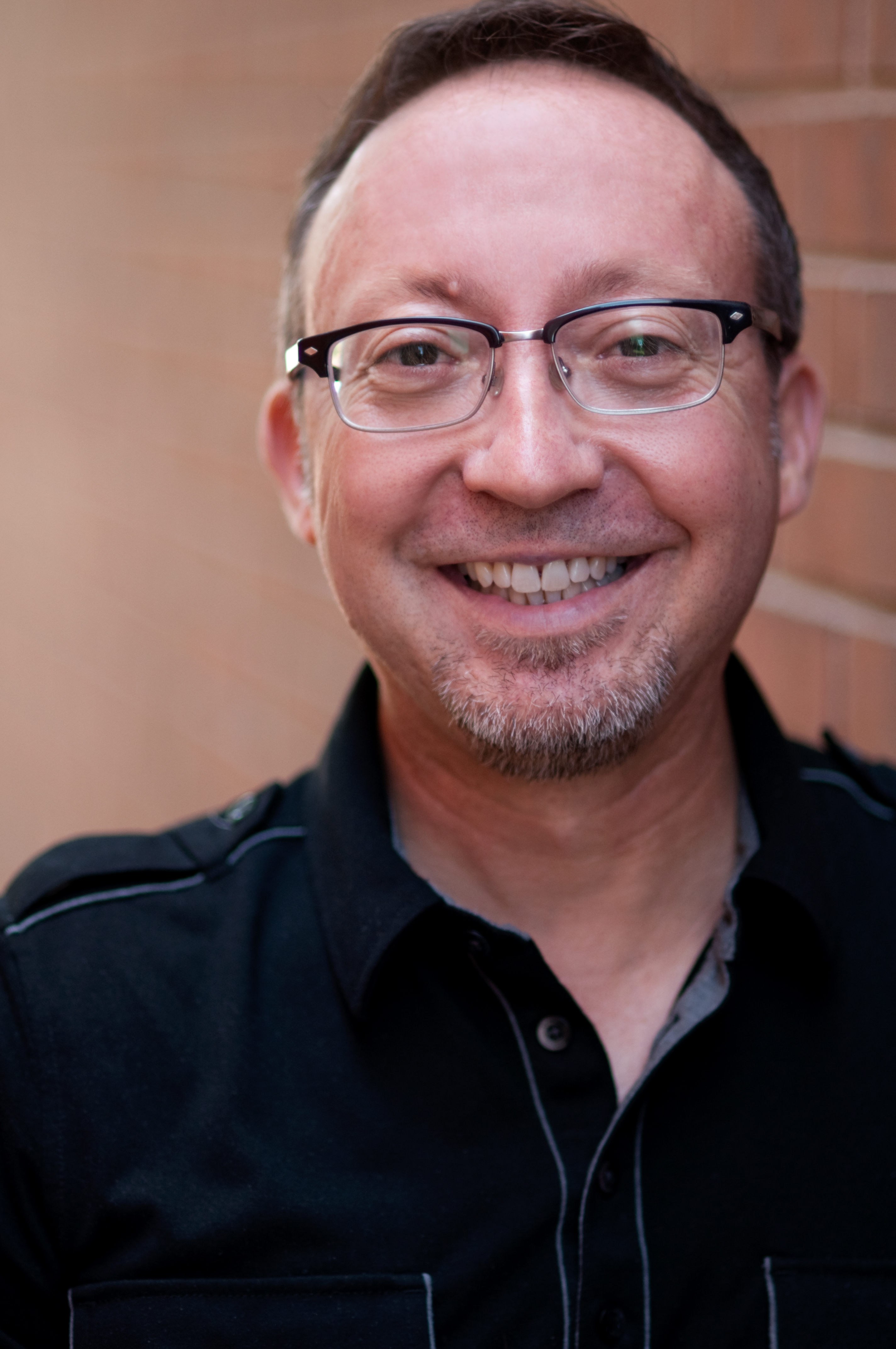In my last blog, I reframed singleness, marriage and celibacy with a lot of help from Catholic writer, Henri Nouwen. I also spoke about singleness being a valid “vocation” or calling one can choose, just as one chooses marriage. Yet, we singletons have many negative internal messages to fight—like we have to do everything alone. But we also have a lot of negative external messages flying at us from American culture and even our own churches.
Sexuality: Personal and Communal
Our sexuality is deeply personal. Those sacred places aren’t met to be shared with just any person on the street. I’m slightly horrified when a stranger does share intimate stories of their sexual exploits—like the person who cuts hair. With widening eyes, I’m thinking “Why are you telling me this?!” But sex and our sexuality are powerful things. We don’t live in a vacuum. It matters what we do with our bodies. The consequences of unboundaried sexual behavior have a ripple effect. We’re all connected by family; families build neighborhoods and neighborhoods build communities. So our sexuality, besides being personal, also has a communal facet.
This is probably where we singletons disappear into the cracks. We have bridal showers, weddings, baby showers and anniversary parties to attend and celebrate. But then it goes on and on: Mother’s Day, Father’s Day, Valentine’s Day, children’s birthday parties and milestone events. If you are single, your only celebration might be a birthday, perhaps a job promotion? There just isn’t much celebration of our singular existence from a community perspective. In the midst of all this complaining, I do know that there is another side. I often hear my married friends tell disappointing stories concerning the pressure of these communal celebrations. Mother’s day–simply awful, Valentine’s felt apathetic or your kids are just plain brats. No one single or married ever has it easy.
What if you’re someone who experiences same-sex attraction? How about if you want to walk out your sexuality according to a traditional sexual ethic? What if you believe the only place for sexual expression and union are in marriage between a man and woman? It adds many other layers of confusion and difficulty. Of an unknown future we ask, “What is my life going to look like?”
Practical & Important Questions to Ask & Explore
We recently explored these questions together at our Thursday Night support group. I believe that everyone must answer some of these questions over the scope of our lives. Not everyone shares the “married with 2.5 children” experience, due to divorce, never finding “the one,” or other circumstances. Families take on a lot of different flavors. For those navigating same sex attractions and a traditional sexual ethic, below are important, nuanced and sometimes painful questions to explore.
- What are love, intimacy and family going to look like for me?
- How do I manage, steward and honor my longings, desires and emotional needs?
- How do I navigate my same sex attractions and my sexual desires?
- What if I fall in love with someone—straight or gay? What if it’s unrequited?
- How can I steward my attractions and desires so they may be a blessing and grace?
- How much of my attractions = my identity? Do I use an identity label?
- Can I thrive in my current relational status?
Sexuality: Personal and Communal—A Collaborative Effort
We are designed for connection, love and intimacy by a God who lives in community within Himself as the Trinity. We aren’t meant to go it alone. And when it comes to our complex sexuality, we need others to daily walk it out in a healthy way. It’s a good thing to explore the above questions with others, as we did together that Thursday evening. Living out healthy sexuality should be a collaborative effort between God, ourselves, a few trusted friends and a safe community. Perhaps that community is your church or a place like Where Grace Abounds? Still there is a question that continues to be asked. How can the church better minister to those navigating same sex attraction and singles in general? We’ll explore that in my next article.

Scott Kingry
Program Director
A staff member since June of 1992, Scott is a key player in the WGA discipleship ministry. He plans, organizes, and implements every aspect of the Thursday night support group. In addition to public speaking, counseling group participants and training leaders, Scott maintains personal contact with many group members and it is to Scott’s credit that many group members feel personally welcomed, cared for and loved.
Although he holds a degree in graphic arts, he attributes his ministry qualifications to the “school of hard knocks.” God’s abundant grace continues to be the instrument of growth in his life, and he desires to be firmly grounded in the forgiveness and freedom of relationship with Jesus Christ.
Scott attends a Presbyterian Church.
Make a Difference in Someone's Life
If you enjoy reading WGA’s blogs and would like to show your support, please consider making a donation. Where Grace Abounds is a 501(c)3 non-profit organization. The majority of services, including support groups and discipleship counseling, are provided free of charge. Your financial gifts help to cover the costs associated with offering a free program to those who seek WGA’s services.

